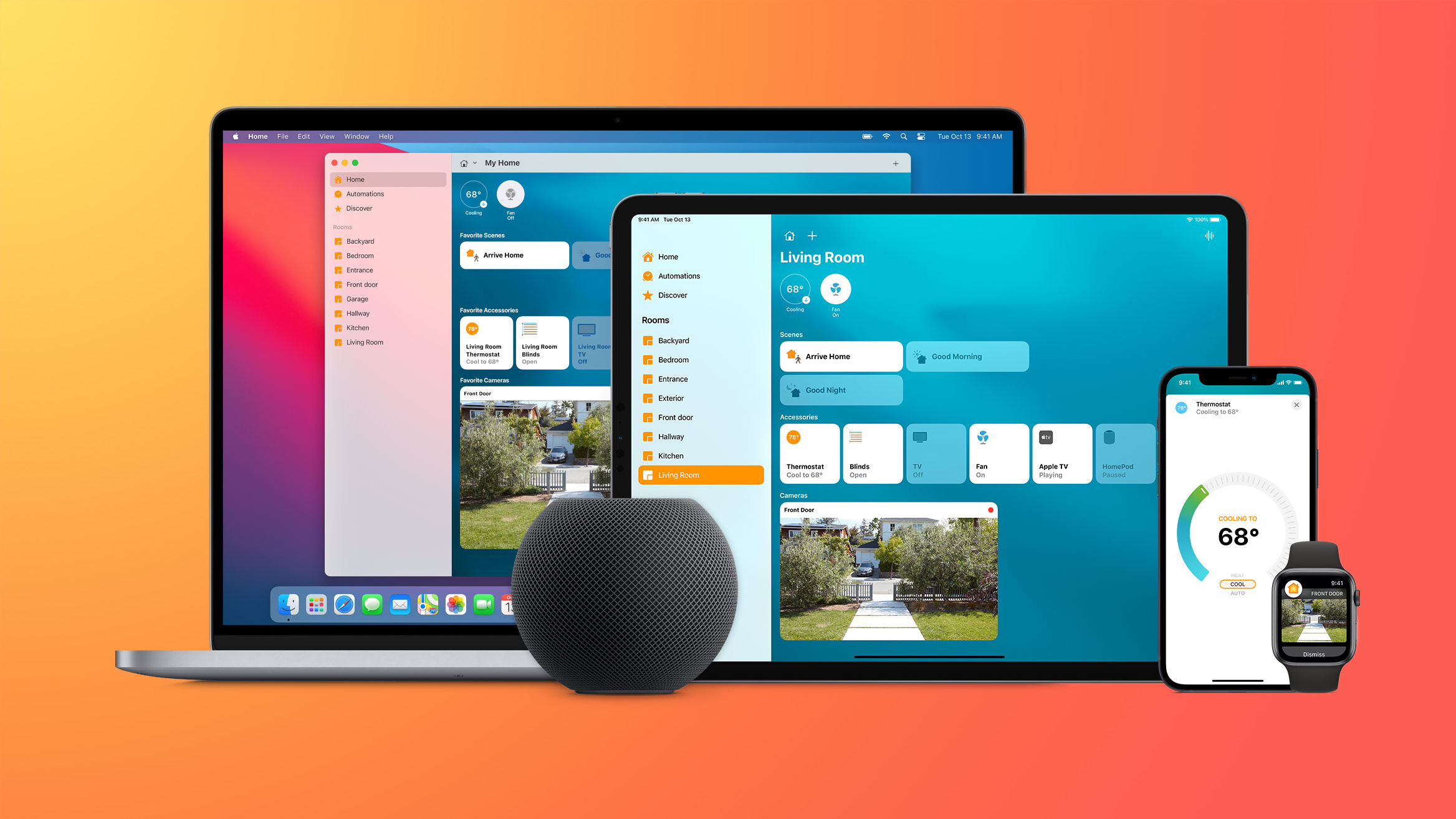
In late 2019, Apple along with Amazon, Google, and the Zigbee Alliance announced plans to develop a universal standard for smart home products, leveraging existing protocols like Apple's HomeKit, Amazon's Alexa, and Google's Weave.

The so-called "Project Connected Home over IP" or "Project CHIP" aims to make it easier for device manufacturers to build devices that are compatible with a variety of smart home platforms and voice assistants by defining a specific set of IP-based networking technologies for device certification. The new open source standard will rely on Wi-Fi, Bluetooth LE, and Thread for device setup and connectivity.
According to a webinar hosted by the Zigbee Alliance earlier this week, highlighted by The Verge, companies participating in the project will be able to get devices certified beginning in late 2021. The standard will be available across several categories, including lights, locks, cameras, thermostats, window coverings/shades, TVs, and even smart home bridges to bring Project CHIP to older smart home products.
If the Project CHIP standard is successful, customers will have greater confidence that smart home products they purchase are compatible with a wide variety of smart home platforms and smart home products they already own.
Article Link: Apple-Backed 'Project CHIP' to Start Smart Home Device Certification in Late 2021

